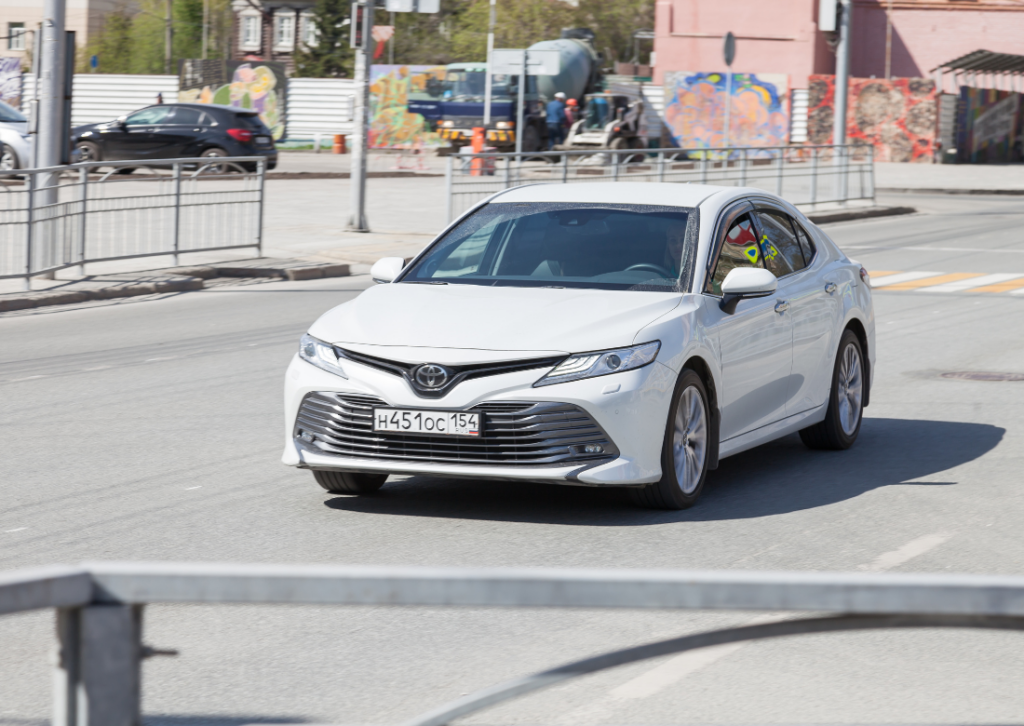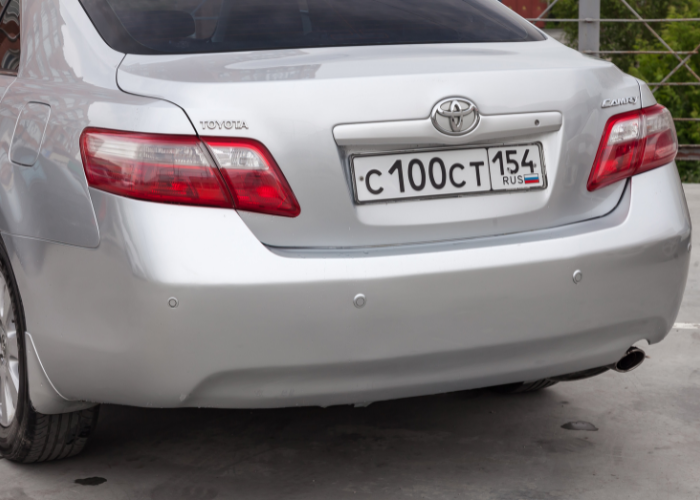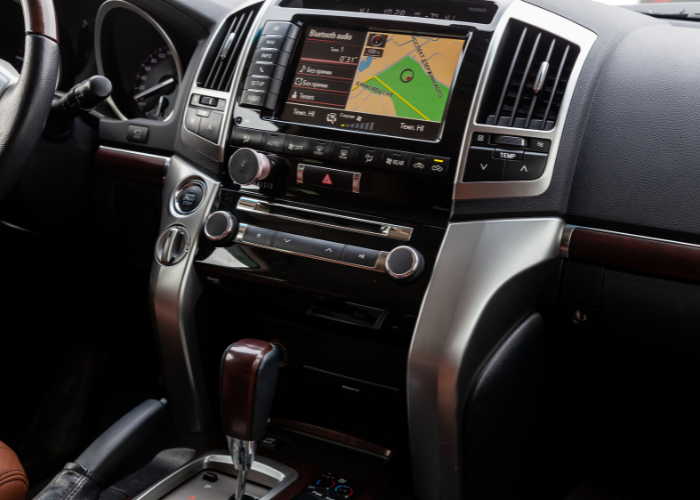

The Evolution of Toyota Corolla Weight
Over the years, the Toyota Corolla has undergone numerous redesigns and improvements, leading to fluctuations in its weight. During its earlier generations, the Corolla boasted a simpler design, translating to a relatively lighter weight compared to its more advanced contemporary versions.
However, with advancements in technology, safety features, and additional amenities, newer models have seen an increase in weight. While this has improved comfort and safety, it has also impacted aspects like fuel efficiency. We will explore how weight has evolved through different Corolla generations and the reasons behind these changes.

How Much Does A Toyota Corolla Weigh
The weight of a Toyota Corolla varies depending on the specific model and trim level. On average, a standard Toyota Corolla typically weighs between 2,800-3,100 pounds. However, weight can differ based on factors such as engine type, optional features, and the inclusion of advanced technologies like hybrid or electric systems.
It’s essential for potential buyers to consider these variations as weight directly affects aspects like fuel efficiency, handling, and overall performance of the vehicle. Always refer to the manufacturer’s specifications for the precise weight of the desired Toyota Corolla model.
Influence of Powertrain on Corolla Weight
If you are learning and saving money, you’ll know the another crucial factor affecting the weight of the Toyota Corolla is the type of powertrain it is equipped with. Different engine options, such as the standard gasoline engine, hybrid, or electric motor, have varying weights.
Hybrid and electric models usually have additional components like batteries and electric motors, which can significantly impact the overall weight. We will discuss how these different powertrain options contribute to the weight differences and the advantages they offer in terms of efficiency and environmental impact.

Implications of Weight on Performance and Handling
The weight of a vehicle plays a vital role in its performance and handling characteristics. A heavier Toyota Corolla might provide better stability on the road, especially at higher speeds, but it also may sacrifice some agility in city driving.
On the other hand, a lighter Corolla could offer improved maneuverability but might be less planted on the highway. We will examine the trade-offs between weight and performance, helping potential buyers understand how the weight of their chosen model could impact their driving experience.

Weight Reduction Strategies and Future Outlook
In recent years, car manufacturers have been increasingly focused on reducing vehicle weight to improve fuel efficiency and reduce emissions . Toyota Corolla is no exception, and even they have implemented various weight saving techniques in their newer Corolla models.
These strategies range from using lightweight materials in construction to optimizing vehicle design and using advanced manufacturing processes. We will explore the current weight reduction efforts employed by Toyota in the Corolla and discuss potential future developments in this area. We invite you to read another article in our blog.
Frequently Asked Questions
What does the future hold for Toyota’s approach to weight reduction in the Corolla?
Toyota’s future direction in weight reduction for the Corolla is likely to focus on further advancements in manufacturing techniques and innovative design. These efforts aim to continuously improve fuel efficiency and overall environmental performance, aligning with the evolving demands of eco-conscious consumers.
What should potential buyers consider when choosing a Toyota Corolla based on weight?
Potential buyers of the Toyota Corolla should carefully evaluate their priorities, considering factors such as fuel efficiency, performance, and handling characteristics. By making an informed decision based on these preferences, buyers can select a model that best suits their individual driving needs and expectations.
How does the weight of a Toyota Corolla contribute to its overall safety?
A heavier Toyota Corolla can provide significant safety benefits to occupants in the event of accidents or collisions. The increased weight contributes to greater crash protection and structural integrity, that minimizes the risk of injury and enhancing overall occupant safety.
What are some strategies employed by Toyota to reduce the weight of the Corolla?
Toyota’s commitment to sustainability is evident in its implementation of weight-saving strategies in the Corolla. By incorporating lightweight materials and optimizing vehicle design, Toyota enhances fuel efficiency and reduces emissions, offering a greener and more eco-friendly driving experience to environmentally-conscious customers.
How does the weight of a Toyota Corolla impact its fuel efficiency?
The weight of a Toyota Corolla (3000 pounds approximately) plays a vital role in determining its fuel efficiency. Typically, lighter models achieve better gas mileage, making them appealing to environmentally conscious consumers who seek improved environmental performance and reduced carbon emissions.
Conclusion
Asking, “How much does a Toyota Corolla weigh?” unveils a more profound understanding of the car’s characteristics and performance. The Corolla has experienced changes in weight due to advancements in technology and consumer demands. The weight variations offer consumers the opportunity to select a model that aligns with their priorities.
Whether seeking better fuel efficiency or a sportier driving experience, comprehending the significance of weight in a car’s dynamics empowers buyers to make informed decisions. As car technology continues to evolve, Toyota’s approach to weight reduction promises an exciting future for the beloved Corolla.























